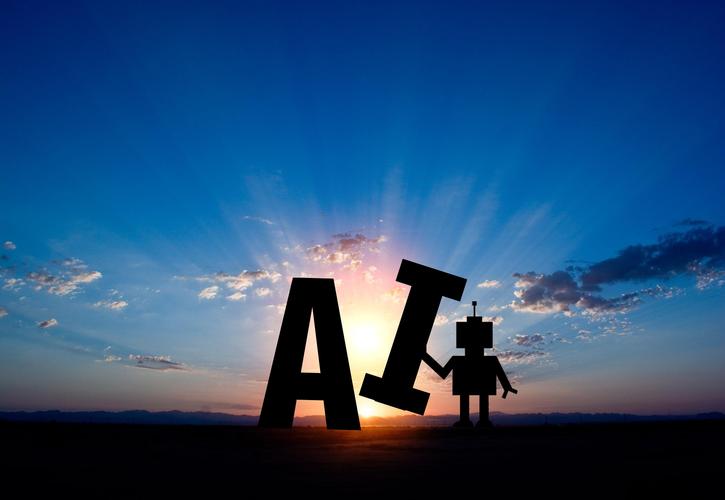The development trends of artificial intelligence technology in 2024

As we move into 2024 and beyond, generative AI will continue to shape our world in extraordinary ways. Future trends demonstrate the breadth and depth of AI’s impact, heralding a future where AI is not just a technology, but a transformative force that drives innovation, efficiency, and ethical responsibility.
As AI technology matures, its costs will gradually decrease, making it more accessible to a larger number of people to enjoy the convenience brought by AI. Additionally, with the development of open-source software, people can more easily access AI technology, driving the growth of the entire industry. In this process, AI technology will gradually become popularized and democratized, benefiting more people with this great technological achievement.
Currently, most AI systems require a large amount of data for training in order to perform tasks effectively. However, with advancements in technology, future AI systems will possess stronger autonomous learning capabilities, allowing them to quickly adapt to new environments and optimize their performance with less input data. This will make AI systems more flexible and capable of handling various complex and ever-changing situations. We will witness an increase in the use of artificial intelligence applications, including AI-generated art, music, and design. These technologies will be employed in industries such as entertainment, marketing, and programming to create intricate and unique products.
With the widespread application of AI technology, a range of ethical and legal issues have emerged. For example, AI technology may lead to significant job displacement and contribute to social inequalities. Therefore, in the future, we will need to pay more attention to these issues and develop appropriate laws and regulations to ensure the responsible development of AI technology.
With the continuous development of AI technology, more and more fields are exploring its integration with existing technologies to drive innovation. For example, AI technology in the healthcare field can assist doctors in more accurate disease diagnosis, and AI technology in the finance sector can provide investors with more precise investment advice. Generative artificial intelligence will continue to make significant advancements in the healthcare industry, helping interpret clinical models, develop drug formulations, and assist in medical research. The potential for faster and more accurate diagnosis and treatment makes AI an essential tool in healthcare. In the future, we can expect to see further interdisciplinary integration and innovation, bringing more convenience and well-being to humanity.
In future wars, artificial intelligence technology will change the form of war to a great extent. By analyzing large amounts of data, AI systems can provide commanders with real-time strategic suggestions and improve combat effectiveness. At the same time, AI technology can also assist soldiers in performing dangerous tasks and reduce casualty rates. In this process, artificial intelligence will no longer be a tool to replace humans, but will become a powerful assistant to humans to jointly defend the interests of the country and the people.
The generative artificial intelligence industry is rapidly growing, providing transformational solutions for various sectors. AI technology will continue to develop and expand in the future, bringing unprecedented opportunities and challenges to humanity.

熱門頭條新聞
- Revolutionizing Legal Work: How Robin AI Accelerates Contract Review
- TyFlow brings Stable Diffusion AI directly into 3ds Max
- Gamescom 2024
- TRANSFORMERS: GALACTIC TRIALS HEADS TO CONSOLES AND PC THIS OCTOBER
- STAKE YOUR CLAIM IN KINGDOM, DUNGEON, AND HERO OUT NOW ON STEAM
- MBC’s Shahid platform announces premiere of ‘Grendizer U’
- Award-Winning Studio Secures 6 Million SEK in Investment
- FARMING SIMULATOR 25 AT FARMCON: GIANTS SOFTWARE ANNOUNCES PRE-STREAM & STAGE SCHEDULE
